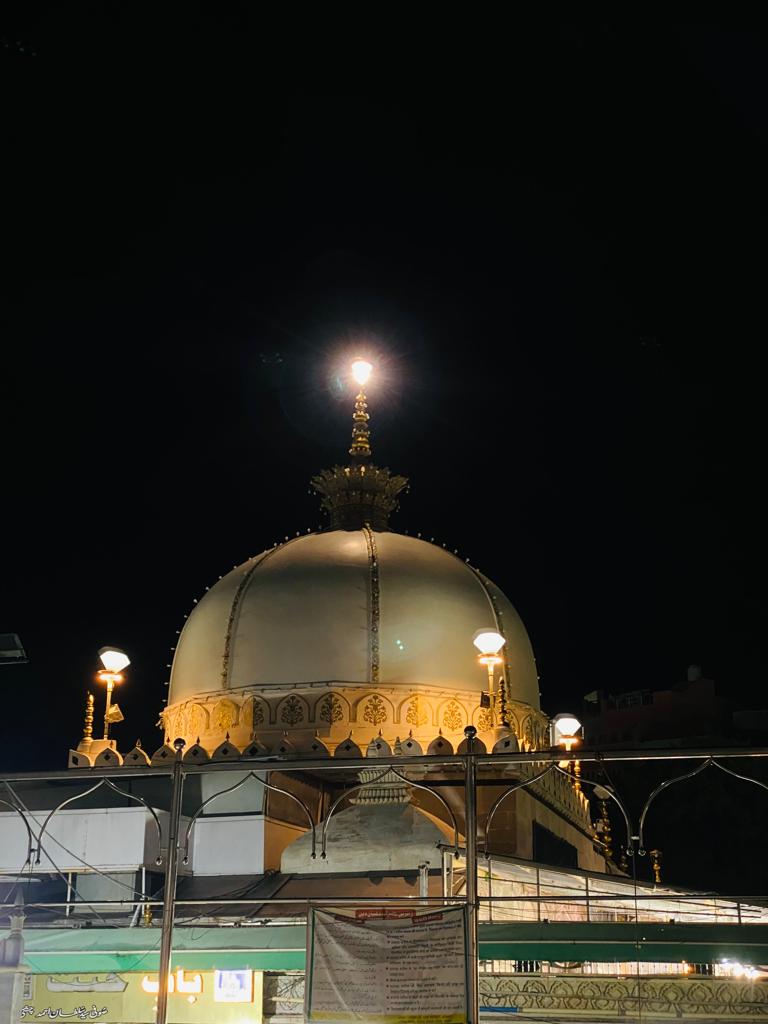Lately, I’ve been thinking about my true identity and how I introduce myself when asked who I am. It’s intriguing how different people perceive my identity, which also varies depending on the location and context of our meeting.
When I joined Sakhi Sangini, a women’s collective in Bhuj, Kutch, I had to consider the identity I carried in that setting. Due to the different culture, people, weather, and food habits. However, as I got acquainted with my team members and mentor, my identity primarily revolved around being an outsider.
I accompanied my team members to various places, including general awareness camps, health camps, and legal camps, or anywhere they believed I should gain insight into the organization’s work. During these experiences, I discovered the power of connection. There were instances where I connected with the women I met, and as a result, they embraced me more readily. Here are two instances I’d like to share.
I frequently visited an area called Pathan Fariya for a livelihood program. Initially, they identified me as someon who has come to learn and work. However, as our conversations progressed, they began asking about my hometown in Rajasthan. When I mentioned Ajmer, the women inquired if I was familiar with the Dargah of Khwaja Moin-ud-din Chishty. Whether I had visited it, and if I knew about the degh and Urs.
To provide context, the Khwaja Gharib Nawaz Dargah Sharif is a Sufi tomb of Moinuddin Chishti. Thousands of people embark on a pilgrimage and assemble on the saint’s Urs or death anniversary. Additionally, they prepare large amounts of food in two deghs, namely badi degh and choti degh. Our conversations delved into these topics. And through them, my identity as someone who came to work and learn slowly faded away. It was replaced by a strong connection.

The following day, when I revisited the area, our discussions about culture, food, and offerings continued. Further strengthening the bond between myself and the community. Now, whenever I visit that area, my identity is, “Akansha jo Dargah Sharif Ajmer sai aayi hai“. They see me as one among themselves. Someone they don’t view as an outsider, but rather as someone they can connect with.
Another incident occurred when I visited an urban slum area, and my team introduced me as someone from Rajasthan. During conversations with the women, they mentioned their upcoming trip to Rajasthan for the holy pilgrimage to Ramdevra, and asked if I knew about it. I surprised them with my knowledge of the pilgrimage and explaining that Ramdev Baba was worshiped in my family.
Ramdev Baba ji was a 14th-century saint revered by Hindus as an incarnation of Lord Krishna. My familiarity with Ramdevra and Ramdev Baba instantly sparked a warm conversation, shifting their curiosity from my purpose of being there to our shared cultural connection. The connection I established with them through our shared cultural values led to invitations to visit again and even have dinner with them. It became evident to me that my identity was not as significant as the personal connections I made with the people I met.
These experiences taught me that it’s not just our identity but how we connect with people that matter. I learned that people accept me more when they relate to me on a personal level. These experiences have prompted deep reflection on who I am, what defines my identity, and how I can establish meaningful connections with the people I meet.
I have realized that it is not merely about having a specific identity, but rather about how we connect with others that truly matters. Moving forward, I will continue to prioritize forging connections with the people I encounter, recognizing that it is through these connections that true understanding and acceptance can be achieved.
This article was originally published here.
About the author: Akankasha Choudhary is an India fellow, working with Sakhi Sangini, a women’s collective formed out of Kutch Mahila Vikas Sangathan (KMVS) in Bhuj, Gujarat. She works with women from urban slums to support them in becoming economically self-sufficient and being capable of independently addressing gender inequities.
